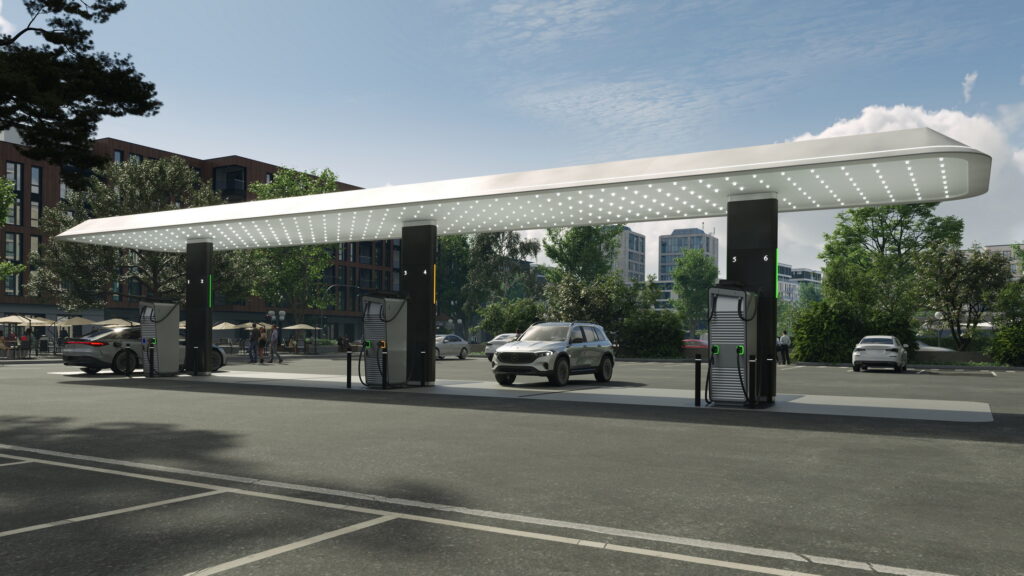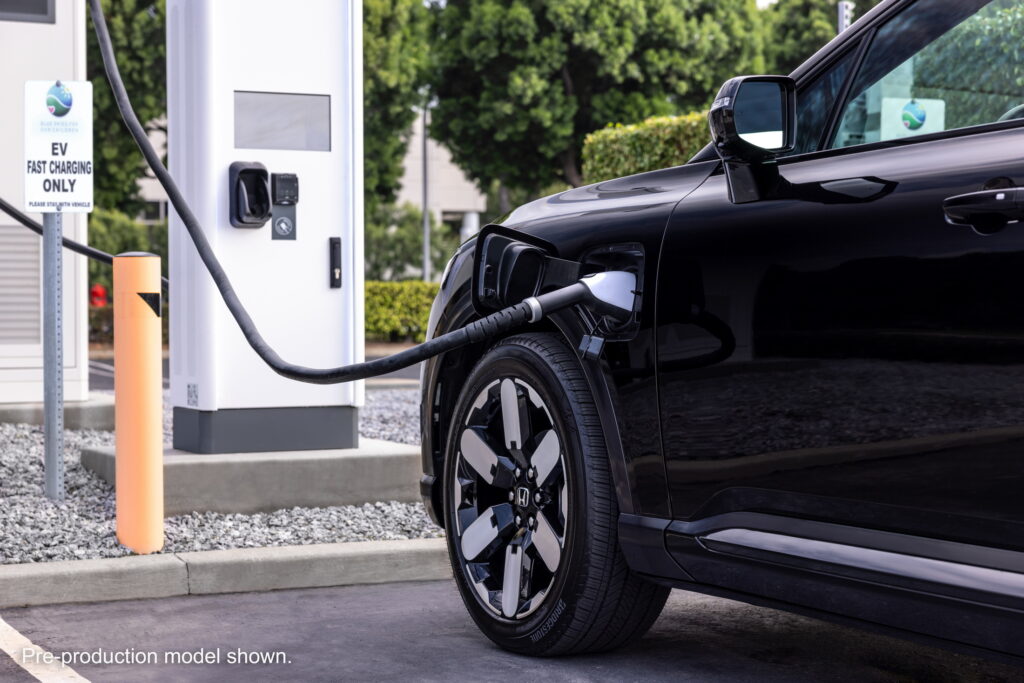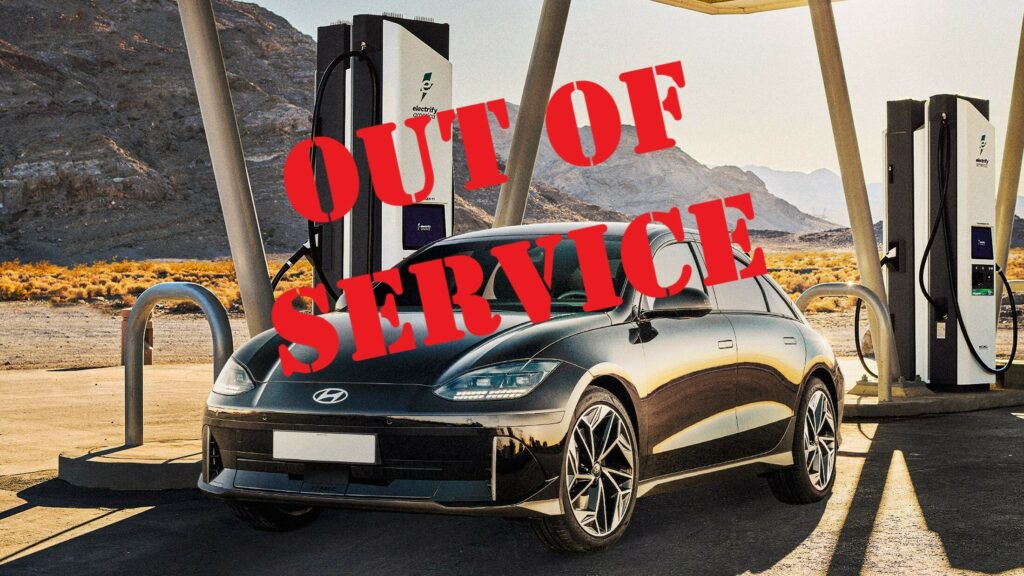As electric vehicles become more common on America’s roads, the infrastructure required to service them hasn’t been keeping up. One of the big challenges facing charging companies is that there simply aren’t enough electricians to work on all of the stations that EVs will require.
The United States Department of Energy estimated that nearly 4,000 public charging stations, and 7,000 ports across the country were out of service in early October. That’s a rate of more than six percent, and some other observers believe that the government’s estimates may be low.
While the White House is responding with funding to build more chargers and repair or replace existing charging infrastructure, that’s only half the battle. In addition to funds, the country needs people to fix charging ports.
Read: U.S. Government Commits $2.5 Billion To Grow EV Charging Infrastructure

Electric vehicle chargers are new and complex pieces of technology that require experienced electricians, known as journeymen, with special training to keep them operating. Autonews reports that the country is experiencing a lack of journeymen electricians.
According to companies that install chargers and electric equipment can be a major challenge. For example, Matt Trout, the president of southern California’s Trout Electric, says that he would hire any journeyman on the spot.
According to Qmerit, which installs EV chargers, the U.S. will need at least 142,000 more certified electricians by 2030 to support the EV transition, in addition to growing numbers of solar panels, battery storage facilities, smart panels, and other novel electric technologies that are growing in popularity.
Making matters even more difficult, technicians who work on EV chargers need to be able to do more than just work on the electrics. Many also have complicated computers that can require software skills of technicians.
Despite the growing need, the labor pool is actually shrinking. Qmerit predicts that the total number of electricians will decline by 14 percent by 2030, while demand for them is expected to grow six percent by 2032.
However, there are people looking to help. The Electric Vehicle Infrastructure Training Program is a nonprofit funded by automakers that has trained 30,000 electricians across the U.S. and Canada over the last decade. According to its co-chair, Jennifer Mefford, its programs are designed to also train electricians to work with other green technologies.
“We are in this historic moment of electrification of everything,” Mefford said. “We are going to need a whole lot more electricians for a long time.”





